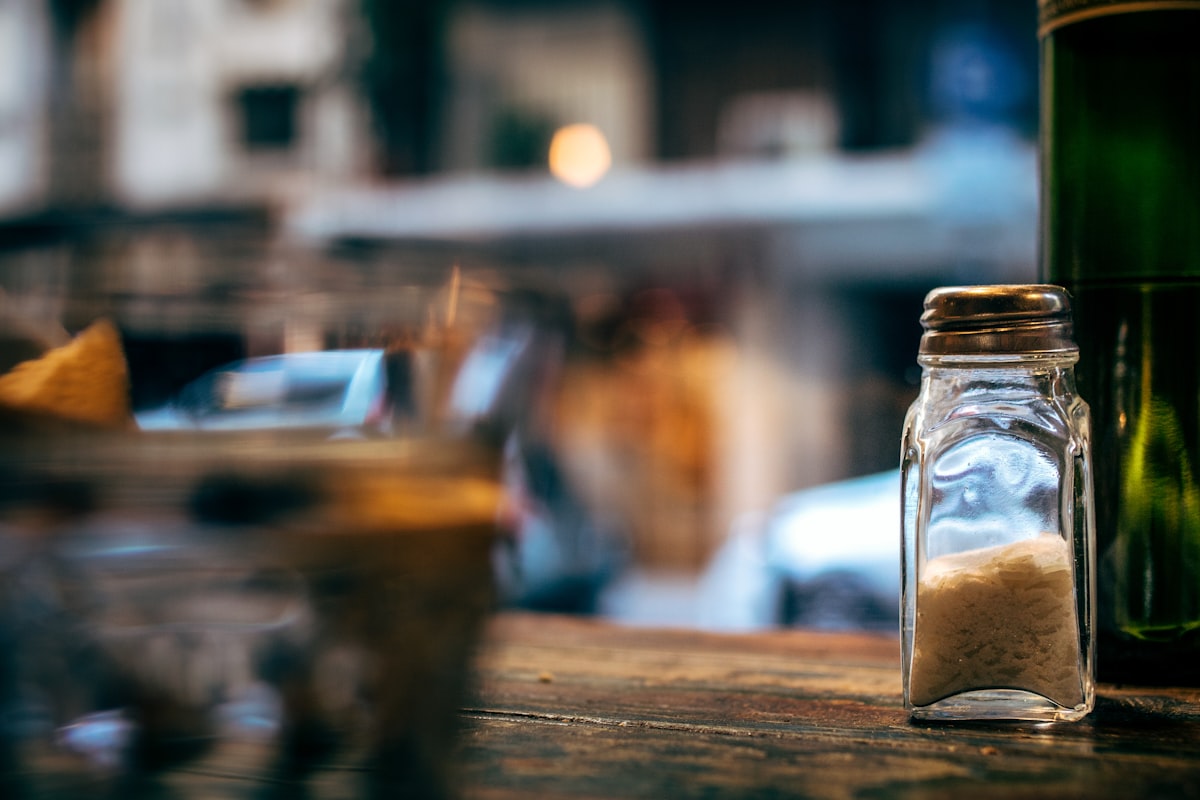Salt, the hidden killer in ultra-processed foods
In Mexico, 30.2% of the population lives with hypertension, which in turn increases the risk of death from cardiovascular diseases. Frontal warning labeling is an example of public policy that alerts consumers when a product exceeds the amount of sodium.

In Mexico, about 30.2% of adults over 20 years of age live with hypertension, with a proportion of 11.5% in women and 19.6% in men. According to official figures, of the total number of patients diagnosed with COVID-19 in 2020, 17.4% had diabetes, 14.5% hypertension, and 18.9% had some cardiovascular disease.
It is important to remember that hypertension increases the risk of death from cardiovascular diseases, such as heart attacks and stroke, and renal failure. According to Inegi, the leading cause of death in the country is heart disease. However, this could be avoided by simply reducing sodium consumption. World Salt Awareness Week is being commemorated from March 14 to 20, this year's slogan is “Shake the salt habit!”




